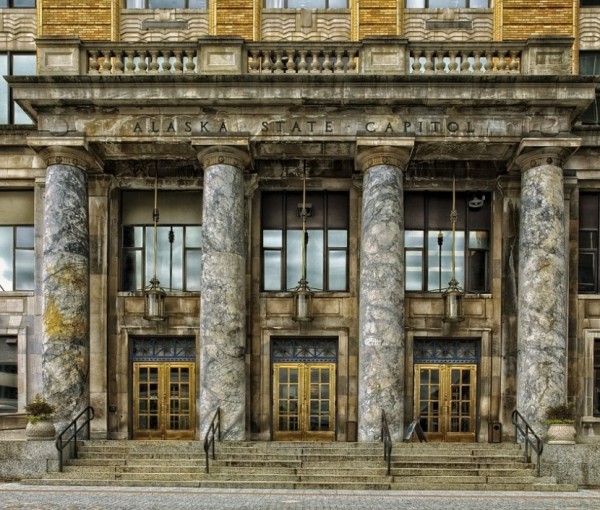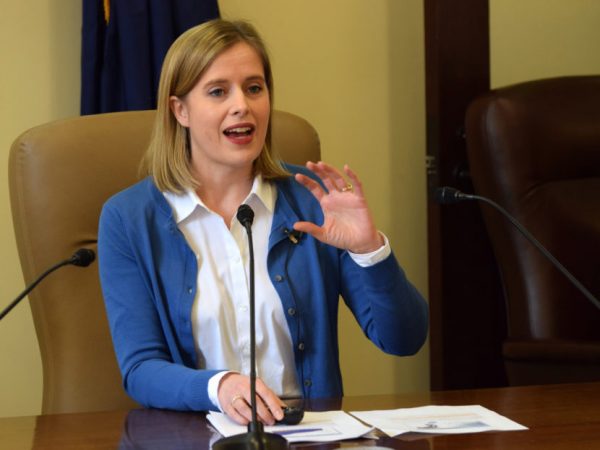
With one week left in the special session, the Alaska Legislature hasn’t made progress in resolving differences over permanent fund dividends. A potential consequence of the budget standstill is a delay in Medicaid payments to health care providers.
The state sent a letter dated May 28 informing health care providers that payments could be delayed for the last three weeks of June.
Angie Gerken is president of Trinion Quality Care Services. The Anchorage company provides assistance in daily activities to seniors and people with disabilities.
“I was dismayed and shocked, because it was with little-to-no notice, and there was no distinction between the large Medicaid health providers and the senior and disability service providers who are usually very small, like my own company,” Gerken said.
Gov. Mike Dunleavy proposed that the Legislature approve $15 million in additional state Medicaid funding and $70 million in additional federal Medicaid funding to avoid a shortfall. But the supplemental budget bill that included the proposal was rolled into next year’s budget bill. And that bill stalled due to the PFD debate.
Gerken wants the Legislature to pass the budget now.
“They should pass it and keep it separate from the PFD conversation, especially because, without that budget, (for) smaller providers than myself, they’re going to be without recourse,” she said. “And that additional pressure and fear is not serving anyone.”
Renee Gayhart, the director of the Alaska Division of Health Care Services, wrote the May 28 letter. She said below-average spending last week means the delayed payments may only affect the last two weeks of June.
Gayhart said the state understands the delay would be a hardship for providers.
“We share those concerns and understand their frustration when we run into this at the end of every fiscal year,” she said. “And we’re doing everything we can behind the scenes to move money around and make it possible to make these check writes.”
Health care advocates say nursing homes and behavioral health providers are among those who may not have large cash reserves to cover costs during a delay.

Becky Hultberg, president and CEO of the Alaska State Hospital and Nursing Home Association, said the state could have warned providers earlier about the delay.
“Had we understood that the department was going to run out of money, we would have communicated to legislators the importance of funding the supplemental (budget) separate from the operating budget,” she said.
If the Legislature passes the budget before the special session ends on June 14, Medicaid payments could continue without interruption.
Andrew Kitchenman is the state government and politics reporter for Alaska Public Media and KTOO in Juneau. Reach him at akitchenman@alaskapublic.org.




